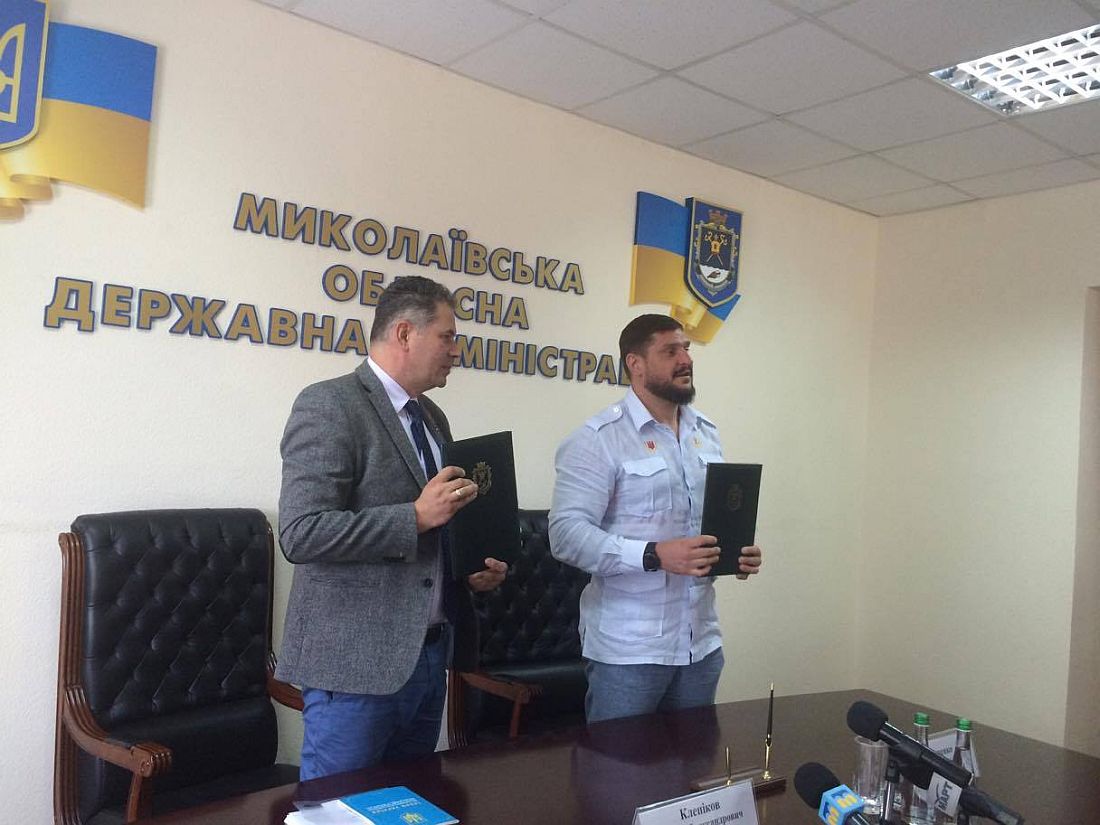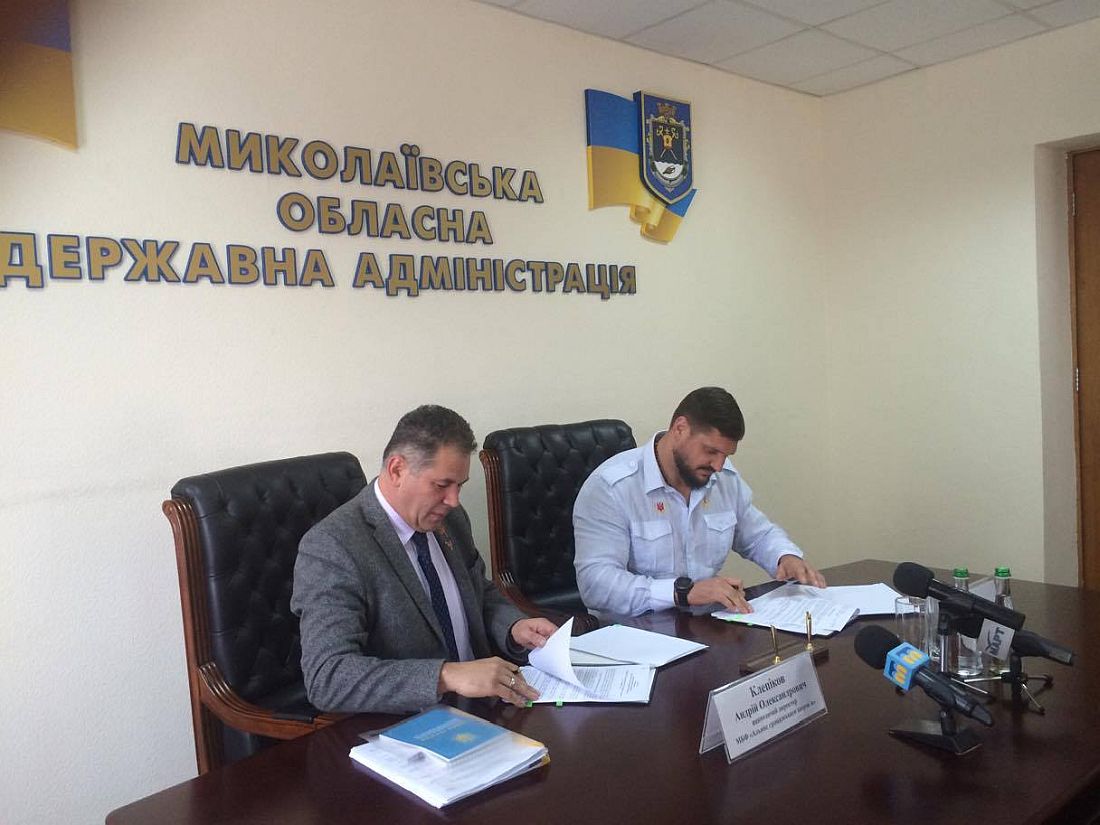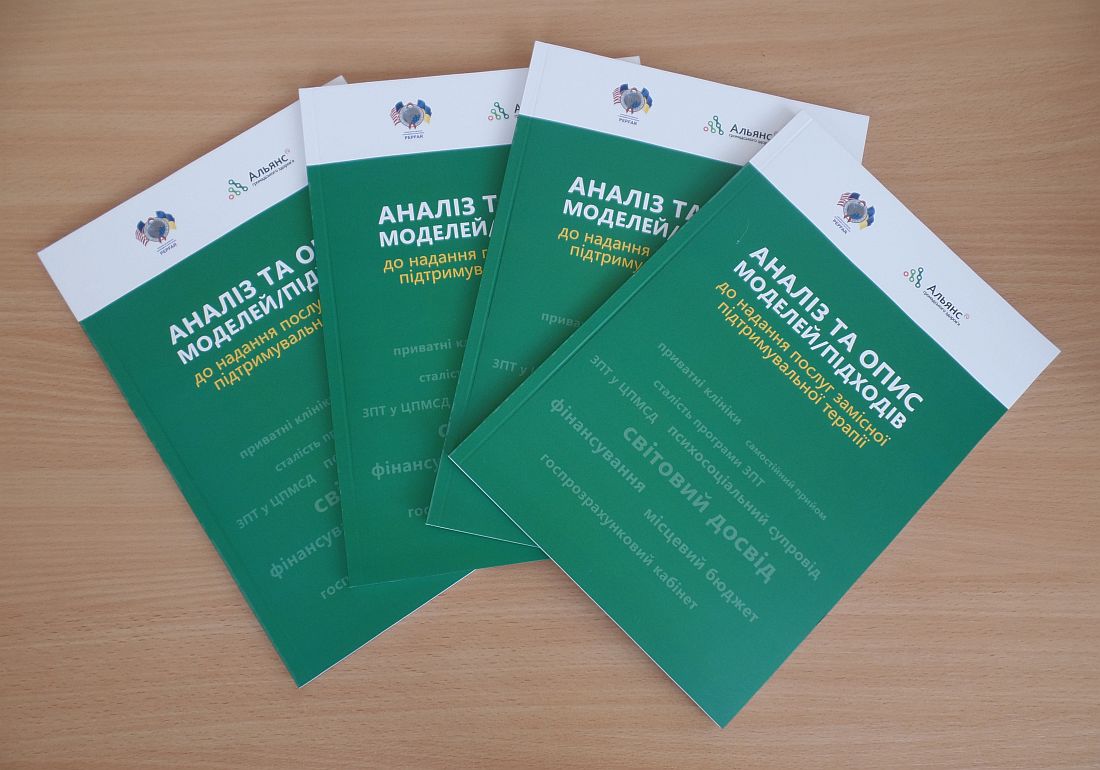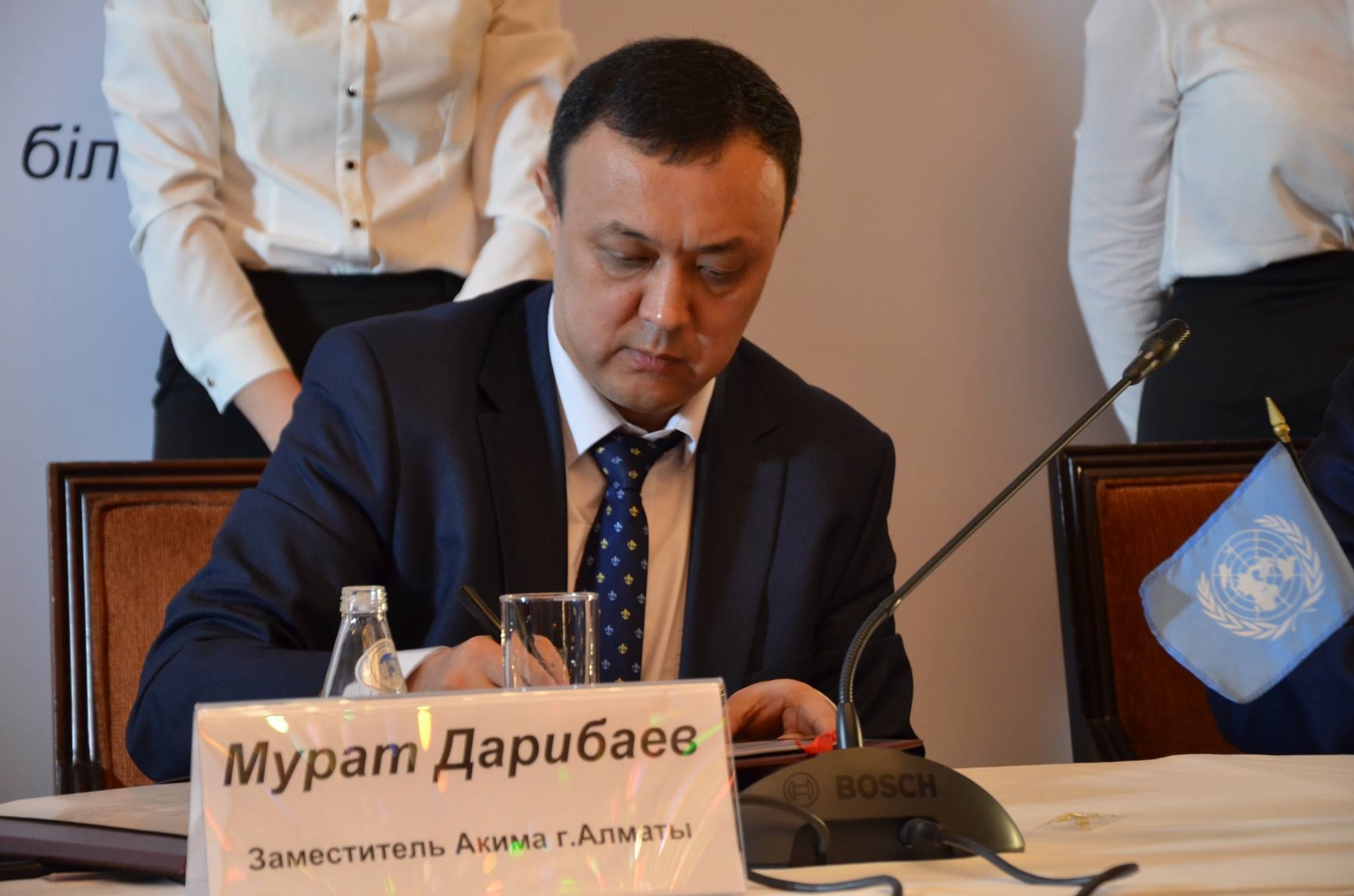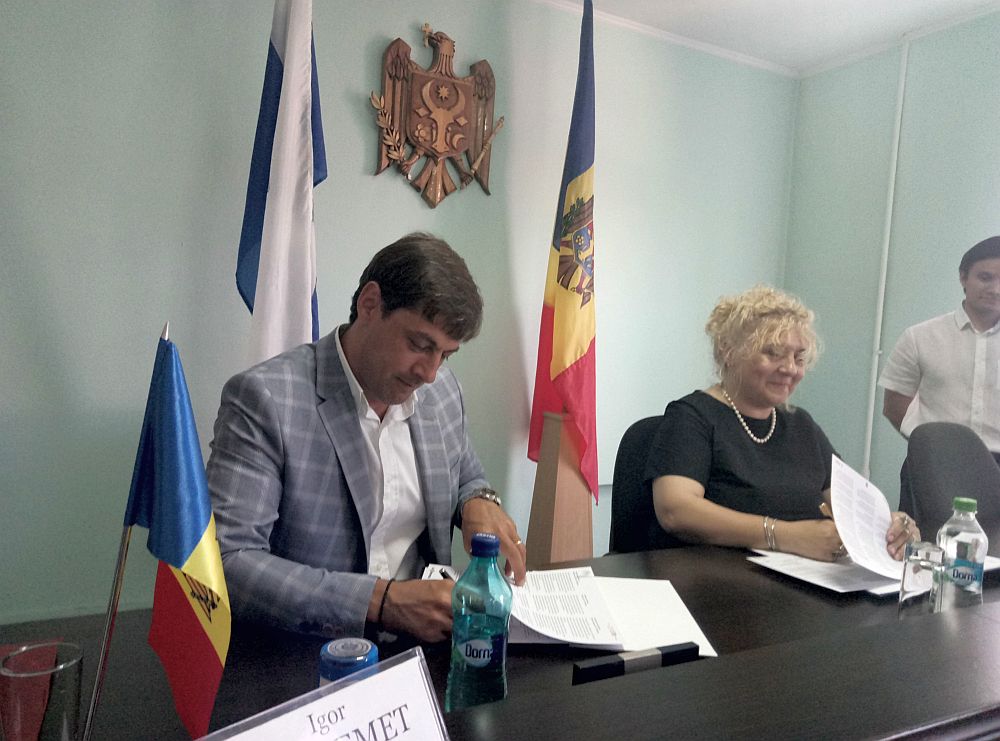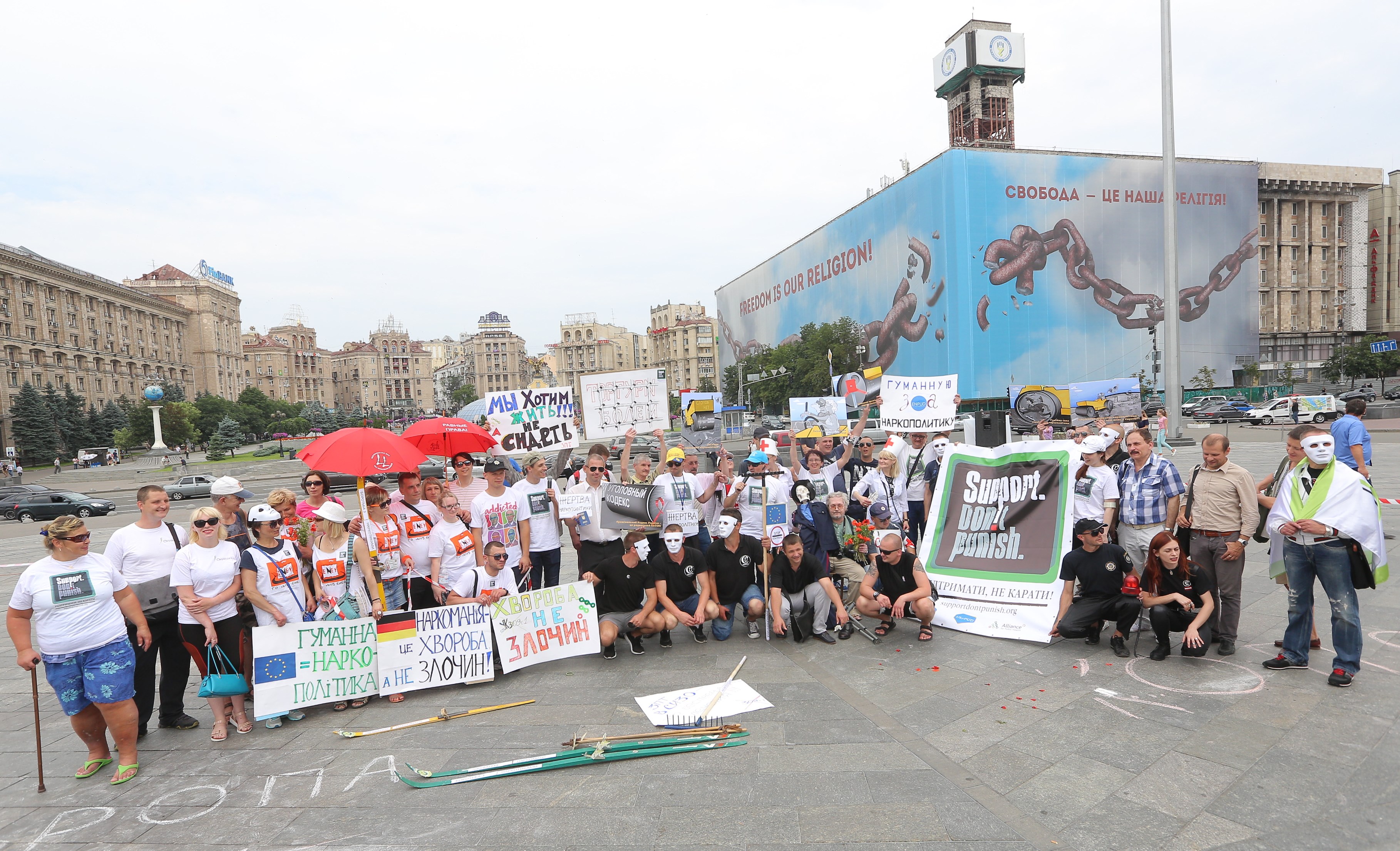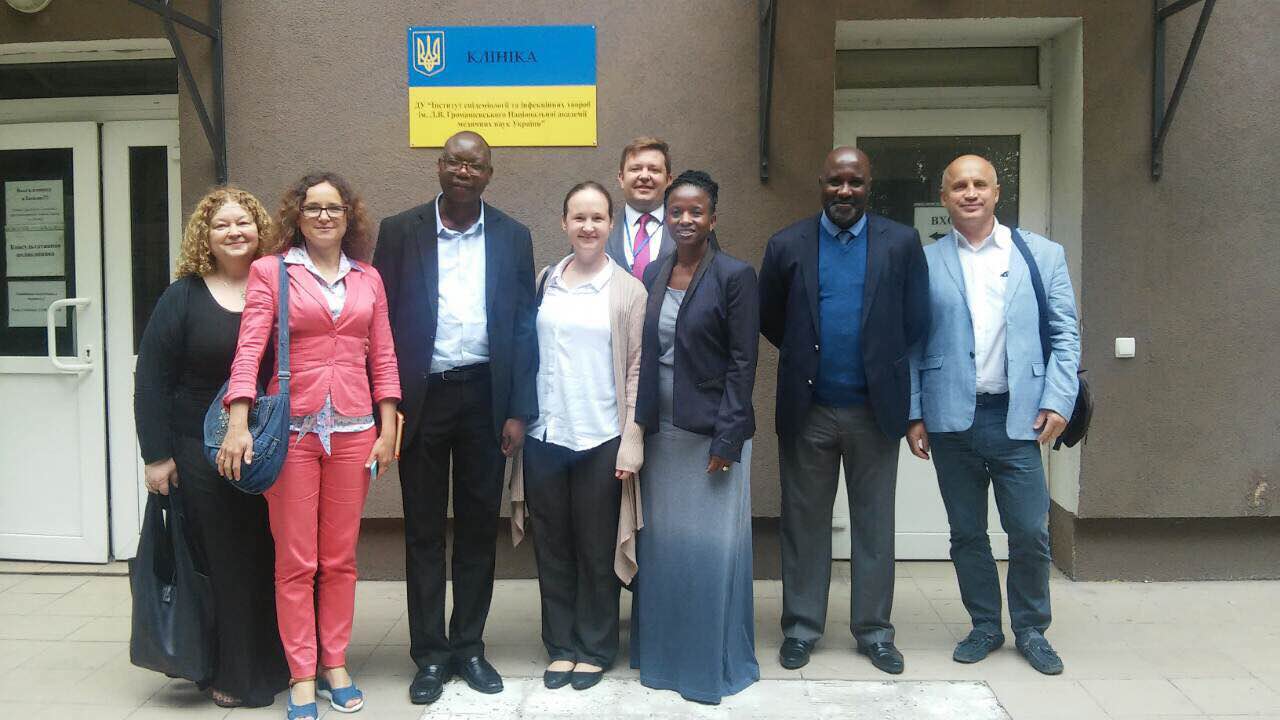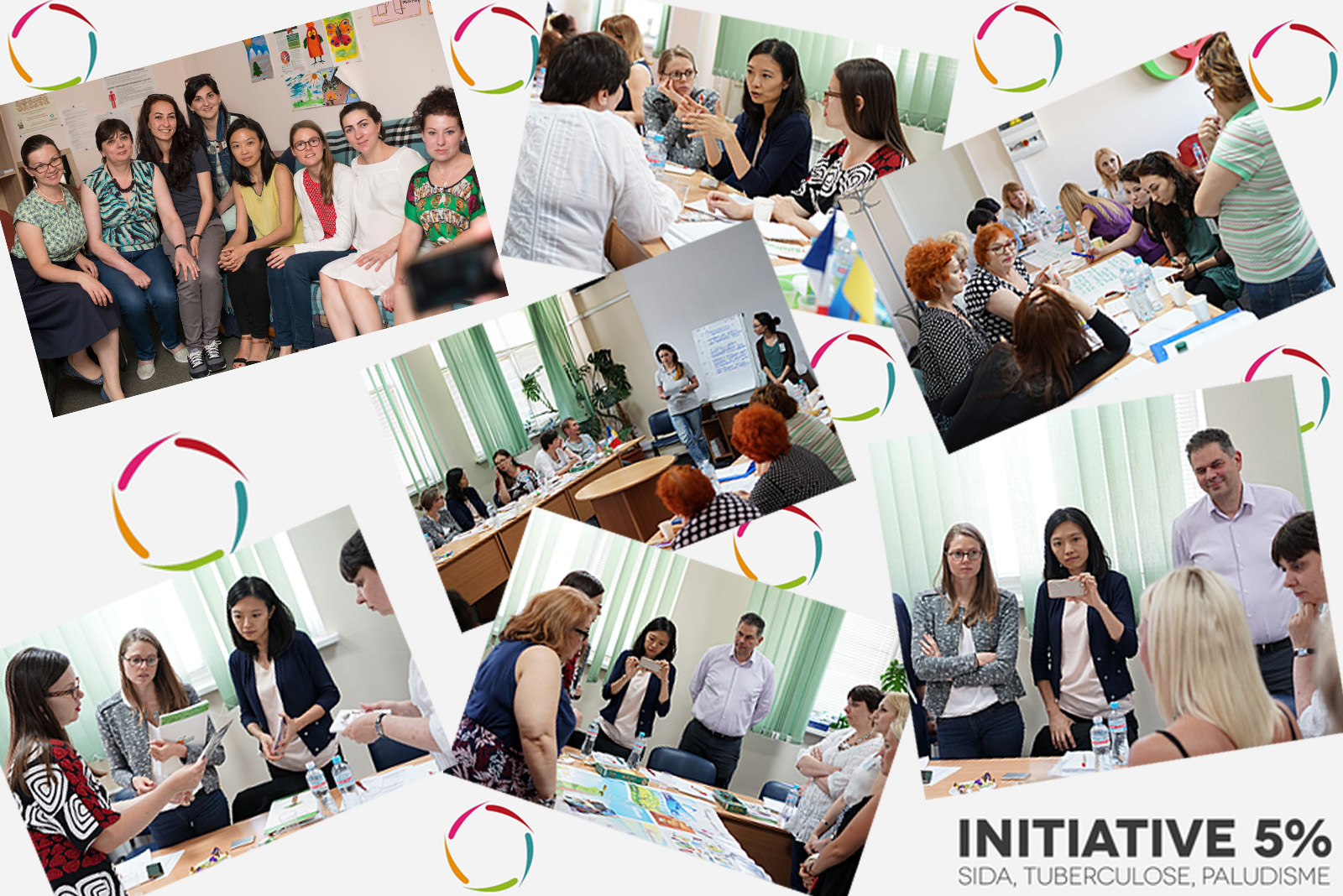On 25 July 2017, an official ceremony was held to sign the Memorandum of Understanding and Cooperation between the Mykolaiv Regional State Administration and the International Charitable Foundation “Alliance for Public Health” (hereinafter – Alliance) within implementation of relevant state programs in response to HIV/AIDS, tuberculosis and viral hepatitis. Mykolaiv region became the first in the list of signatories, demonstrating leadership of the regional administration in forming the commitment of local authorities and civil society organizations to the sustainable implementation of programs to fight HIV/AIDS, tuberculosis and other socially significant diseases.
As one of the official co-implementers of the activities stipulated in the National Targeted Social Program in Response to HIV/AIDS in 2014–2018, Alliance makes a significant contribution to overcoming the epidemics, in particular within the program “Investing for Impact Against Tuberculosis and HIV” supported by the Global Fund to Fight AIDS, Tuberculosis and Malaria. In particular, in 2016 technical support and financial resources were provided for the implementation of integrated interventions in response to the spread of such diseases in Mykolaiv region in the total amount of over UAH 24.2 million. The prevention programs implemented in the region, which was one of the first to start providing services to prevent socially dangerous diseases among key affected populations, brought positive results – over 12 thousand people are covered with prevention services, and there is a clear dynamics towards reducing the level of risky behavior among the key populations. In turn, such dynamics reduces the risks of further spread of HIV among the general population. Despite the fact that the region ranks third in Ukraine in terms of HIV rate (699.7 per 100 thousand people), and in 2016 it became the “leading” region in terms of new HIV cases detected, HIV prevalence is growing alongside with reduced morbidity levels and stabilization of the incidence. It proves the impact of prevention programs in terms of reduction in the number of new HIV cases as well as efficiency of care and support programs. Retention of programs, which include activities in such areas, and their adequate financing are the basis of stabilization of the epidemic in the region. An important trend is reduced HIV prevalence among people who inject drugs (27% in 2015 as compared to 40% in Ukraine).
Mykolaiv region is one of the leaders in terms of efficiency of treatment of patients with multidrug-resistant tuberculosis – thanks to the case management programs supported by Alliance, cure rate here is higher than the average rate in Ukraine (59.3% treatment success rate (2014 cohort) as compared to the average treatment success rate in Ukraine of 45.9%). An important role in increasing treatment success belongs to the project of Alliance and the Ukrainian Red Cross Society, which stipulates support of patients with MDR-TB at the ambulatory stage of treatment. Thus, out of 120 patients (2013), who received such support, 98 (82.3%) were cured. Alliance was the first to initiate an innovative program of hepatitis C treatment with direct-acting antivirals, which demonstrates the best outcomes, with over 94% of patients being cured.
However, taking into account reduction in the scope of international donor funding, on the one hand, budget restrictions and further commitments of the state, in particular towards the Global Fund to Fight AIDS, Tuberculosis and Malaria, on the other hand, effective cooperation and understanding with local authorities is of great importance to ensure further implementation of the integrated programs in response to HIV/AIDS, tuberculosis and other socially dangerous diseases. That is why support from the side of Mykolaiv Regional State Administration and personal leadership of its head – Oleksii Savchenko, who realizes that the future achievements should be grounded on the productive cooperation of governmental authorities and civil society organizations, which have a valuable long-term experience in prevention activities aimed at the key populations, present real prospects of countering the dangerous epidemics.
At the ceremony, the Executive Director of Alliance for Public Health, Andriy Klepikov, said: “We hope that, combining the resources from the local budget, Alliance and the national funding, Mykolaiv region will be one of the first regions in Ukraine to achieve the 90-90-90 targets – international commitments, which our country has to meet by 2020. The Memorandum signed today is an evidence of the strategic partnership in response to the epidemics of HIV, tuberculosis and hepatitis. This year, we are going to invest over UAH 18 million to the region. You can count on us in our future joint efforts”.
Information about event from Mykolaiv Regional State Administration: http://www.mk.gov.ua/ua/news/?id=38413
